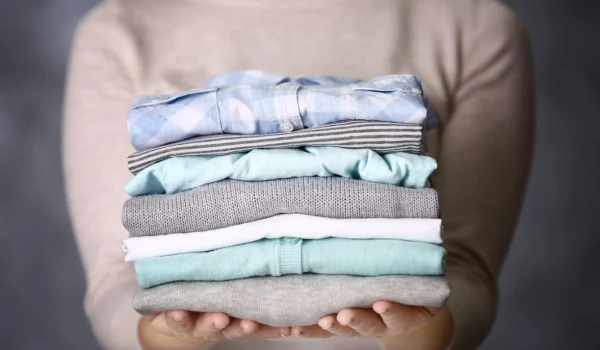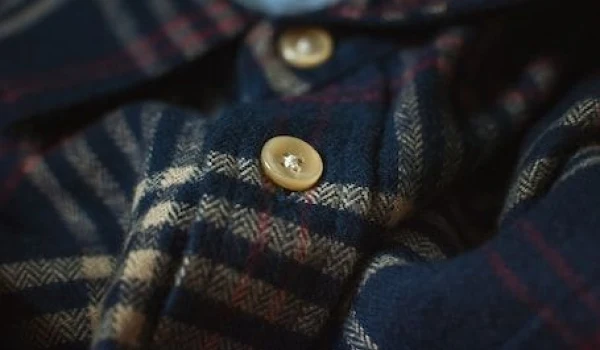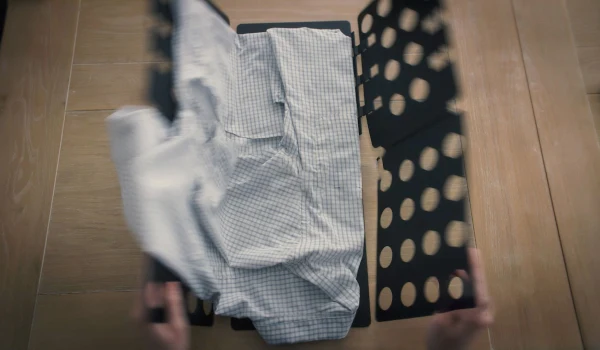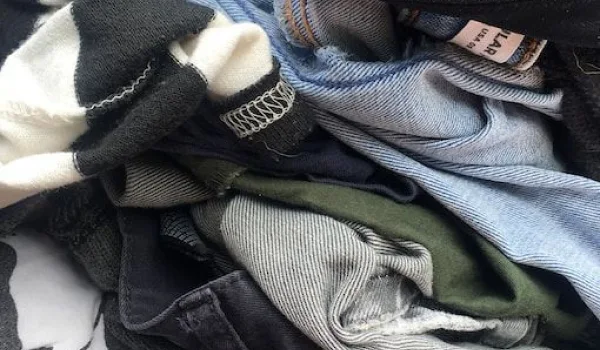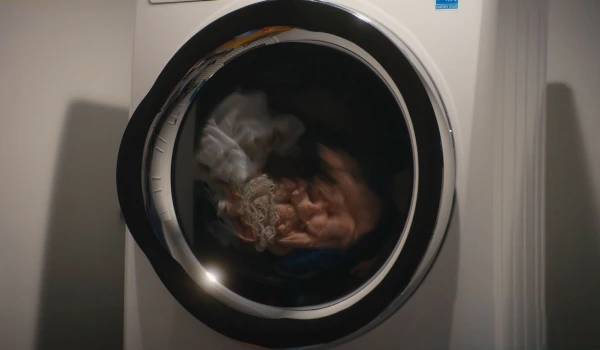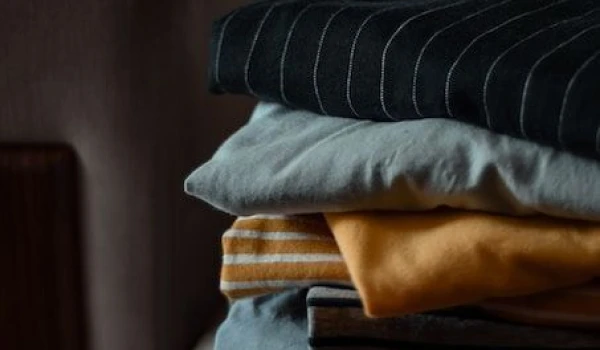Introduction
In the bustling world of culinary arts, an apron is more than just a piece of fabric; it's a chef's armor against the spills and splatters of the kitchen. For both home cooks and professional chefs, a clean apron is not just about appearance; it's a testament to hygiene and professionalism.
Proper apron care involves tackling everything from grease stains to flour dustings, ensuring that your crisp white apron or sleek black apron remains spotless and functional.
Below, we'll dive into the art of washing aprons, offering step-by-step instructions and tips for home and professional use. We'll explore how to effectively use stain removers, vinegar, and even baking soda to tackle different types of stains.
But it's not just about removing stains; it's about maintaining the integrity of the garment. We'll discuss how to wash aprons in a washing machine without causing tangles or damage. Techniques such as using a laundry bag, soaking in warm water, and the right way to rinse and dry your apron will be covered.
From choosing the right dishwashing soap or detergent to understanding when to use bleach or lemon juice, this guide ensures your apron – be it your favorite custom apron or a standard kitchen apron – remains an impeccable part of your uniform.
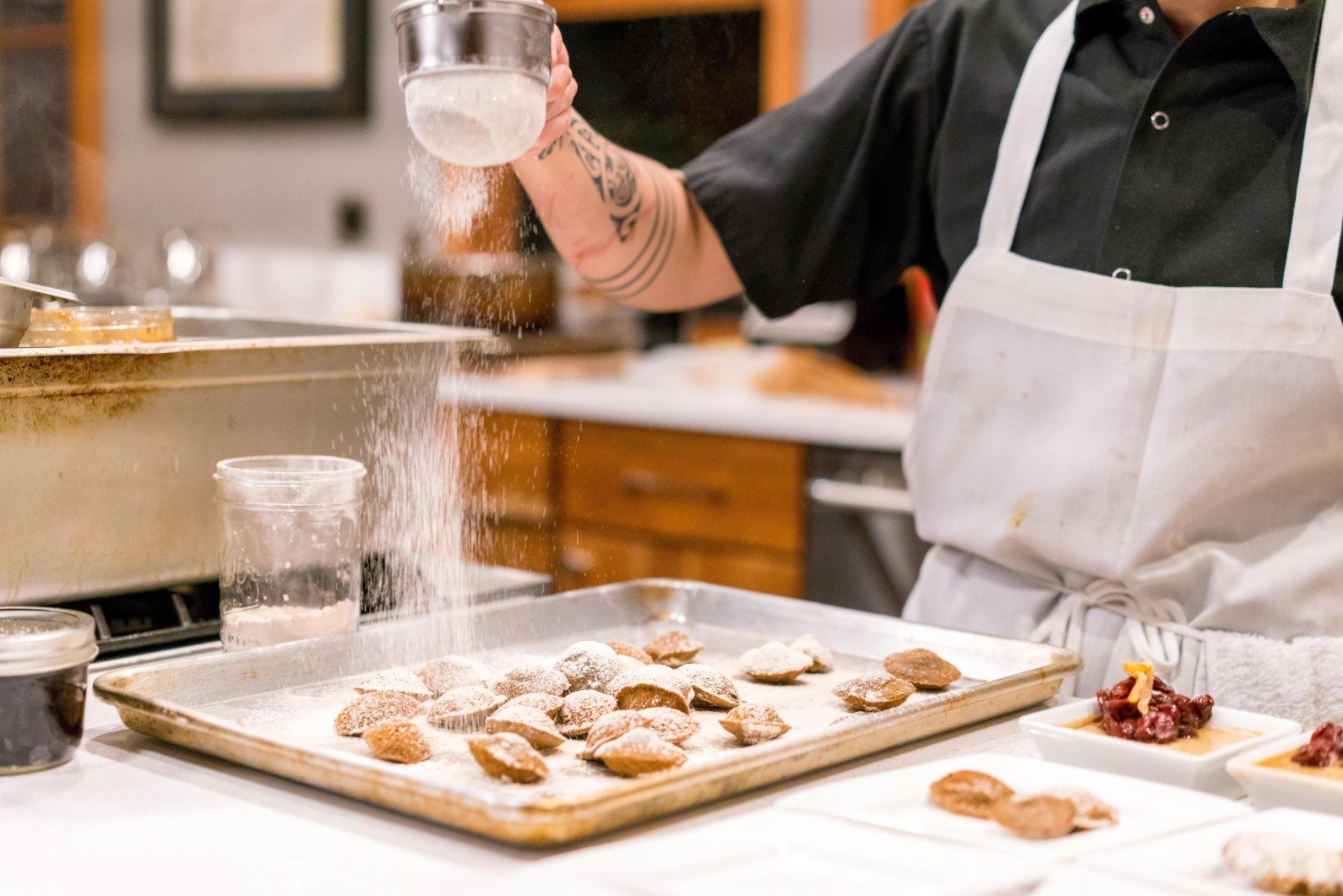
How Often Should I Wash My Aprons?
The frequency of washing an apron largely depends on its use and exposure to stains and messy kitchen activities. Daily washing might be necessary for a professional chef or someone who wears an apron regularly in a bustling kitchen. Stains, especially grease stains, can quickly accumulate on a kitchen apron, turning a once-pristine apron into a patchwork of splatters.
If you are not using your apron that often, it is recommended to clean it whenever it looks visibly dirty or stained. Otherwise, it is perfectly acceptable to store it after a light use.

How to Wash an Apron (And Keep Strings from Tangling)
Washing an apron correctly is crucial for maintaining its appearance and functionality, especially in professional kitchen settings. Here's a step-by-step guide on how to effectively wash an apron and prevent the strings from tangling:
-
Pre-Treat Stains: Before tossing your apron into the washing machine, inspect it for any stains. Use a stain remover or a mixture of baking soda and vinegar to pre-treat grease or food stains. Gently blot or rub the affected area with the solution, then let it soak.
-
Prepare for Washing: Place your apron in a mesh laundry bag or pillowcase to prevent strings from tangling. This is especially useful for kitchen aprons with long strings or custom aprons with delicate details. For a white apron, you might consider using bleach; however, for colored or black aprons, stick to color-safe detergents.
-
Select the Right Washer Setting: Place your apron in the washing machine, selecting a gentle cycle with warm water for cotton aprons or cold water for synthetic fabrics. Adding a mild dishwashing detergent or liquid laundry soap is recommended.
-
Washing Process: Start the wash cycle. For white aprons, you can add white vinegar to the rinse cycle as a natural fabric softener and odor remover. This step helps maintain the clean, fresh smell and uniform appearance of the apron.
-
Drying: After washing, rinse thoroughly and remove the apron from the mesh bag. You can either dry it in the dryer on a low heat setting to prevent wrinkles or air dry it for a more gentle approach.
-
Post-Wash Care: Once dry, if there are any remaining wrinkles, lightly iron the apron on a suitable setting for its fabric type.
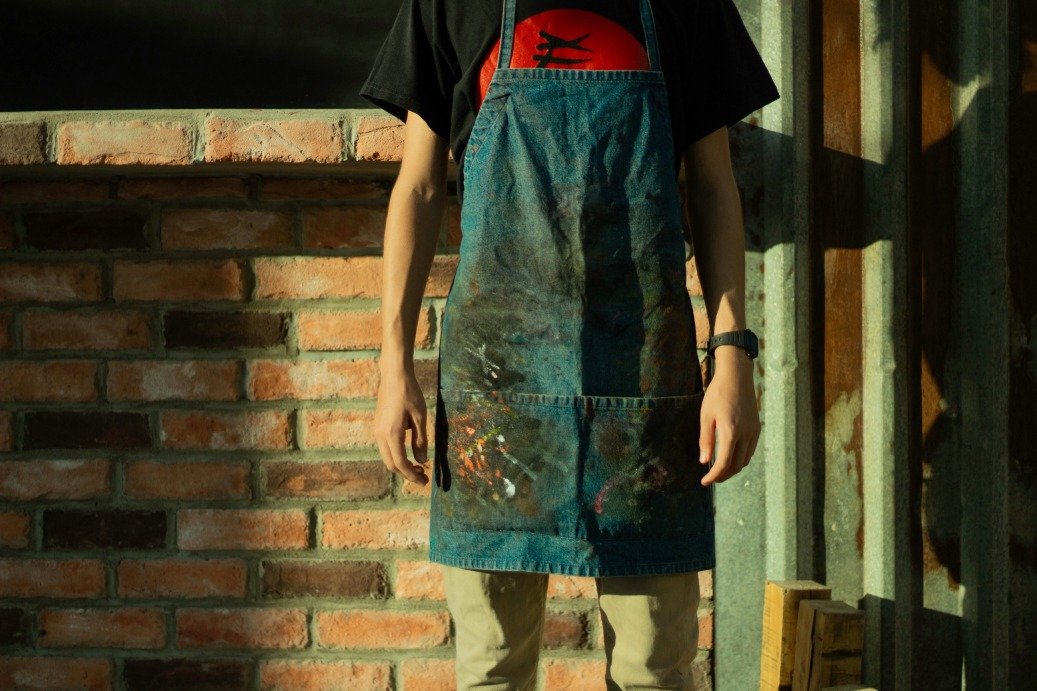
Should I Put Aprons in the Dryer?
The suitability of using a dryer for aprons depends on the fabric type. While most cotton and synthetic aprons can be safely dried in a dryer, it's essential to use the correct settings. For cotton aprons, use a lower heat setting to prevent shrinkage and wrinkles. However, for delicate or custom aprons, air drying is recommended.
If using a dryer, remove the apron promptly after the cycle to reduce wrinkles and preserve the fabric's quality. Aprons with embellishments or made of sensitive materials should be air-dried to avoid damage. Hang the apron on a drying rack or lay it flat to dry naturally. This method not only prevents possible heat damage but also helps maintain the apron's shape and eliminates any residual smell.

How to Get Stains Out of Aprons
Chefs' aprons often fall victim to various kitchen stains. Knowing how to tackle these effectively is key to maintaining a clean, professional appearance. Here's a guide to removing common stains from aprons:
1. Grease Stains
To remove grease stains from an apron, apply dishwashing soap directly to the stain. The degreasing properties of the soap help break down the grease. Let it soak for a few minutes, then gently blot and rub the affected area before washing.
2. Wine
Wine stains can be treated with white vinegar or lemon juice. Apply either liquid to the stain and let it sit for several minutes. Rinse with cold water, and then wash as usual.
3. Coffee
For coffee stains, mix a solution of equal parts vinegar and warm water. Apply this solution to the stain, let it soak, then rinse and wash the apron.
4. Chocolate
Remove chocolate stains by first gently scraping off any excess. Then, apply a mixture of dishwashing detergent and warm water to the stain, rub gently, and rinse.
5. Tomato Sauce
Apply white vinegar directly to the tomato sauce stain, let it soak for a few minutes, then wash the apron in warm water.
6. Blood
For fresh blood stains, rinse the apron under cold water. Apply hydrogen peroxide or lemon juice to the stain, then blot and wash in cold water.
7. Ink
Ink stains can be treated with rubbing alcohol. Apply it to the stain, let it sit for a few minutes, then blot and wash.
8. Curry
Curry stains should be treated with a paste of baking soda and water. Apply it to the stain, let it dry, then brush it off and wash the apron.
9. Mustard
Apply a solution of dishwashing soap and warm water to the mustard stain. Let it soak, then rinse and wash.
10. Oil-Based Dressing
Treat oil-based dressing stains with dishwashing soap. Apply it directly, rub gently, and then wash in warm water.
11. Berry Juices
Berry juice stains respond well to boiling water. Stretch the stained area over a bowl and pour boiling water through the stain from a height, then wash normally.
12. Burned Food
For burned food stains, soak the apron in a solution of laundry detergent and warm water before washing.

Simplify Apron Care for Your Restaurant with Rinse
For restaurant owners and chefs, maintaining a pristine kitchen apron can be a daunting task. Rinse offers a seamless solution to this challenge. Our specialized laundry and dry cleaning services effectively wash and clean your aprons, ensuring they are free from stains and odors. Whether it's removing tough grease with dishwashing soap or tackling stains with stain remover and vinegar, we handle it all.
Our process involves pre-treating affected areas, soaking in water as needed, and using the best dishwashing detergent for the fabric type. Every chef’s uniform is returned smelling fresh, with no trace of the bustling kitchen environment.
Choose Rinse to wear your kitchen apron with pride, knowing each stain and dirty spot has been expertly blotted, rinsed, and washed. Let us take the laundry burden off your hands so you can focus on what you do best – creating culinary masterpieces.
Contact us at Rinse today to see our skill in action.



